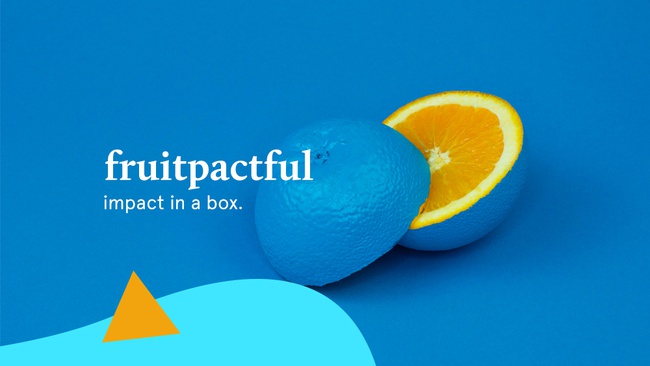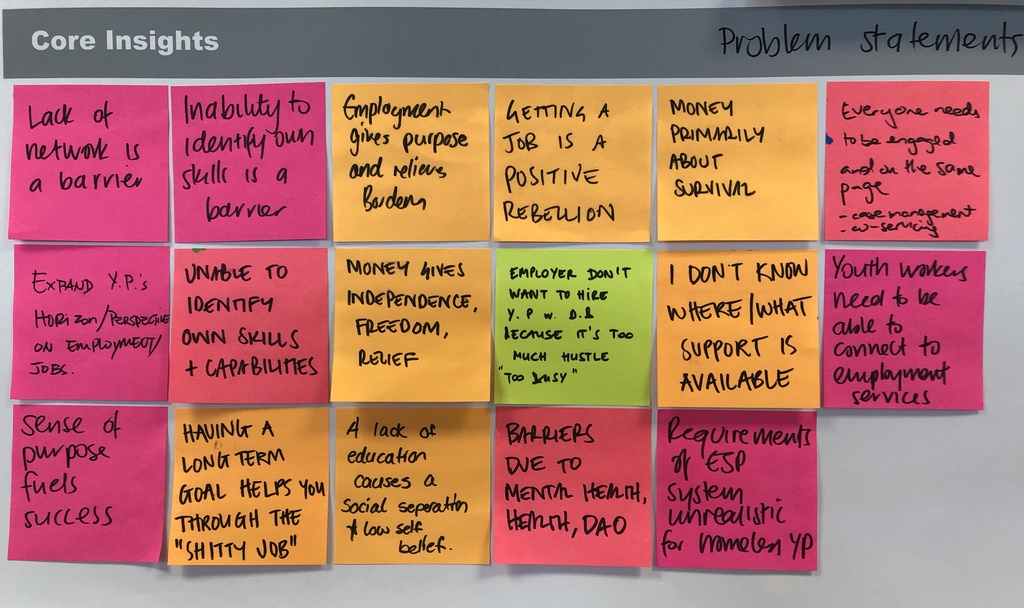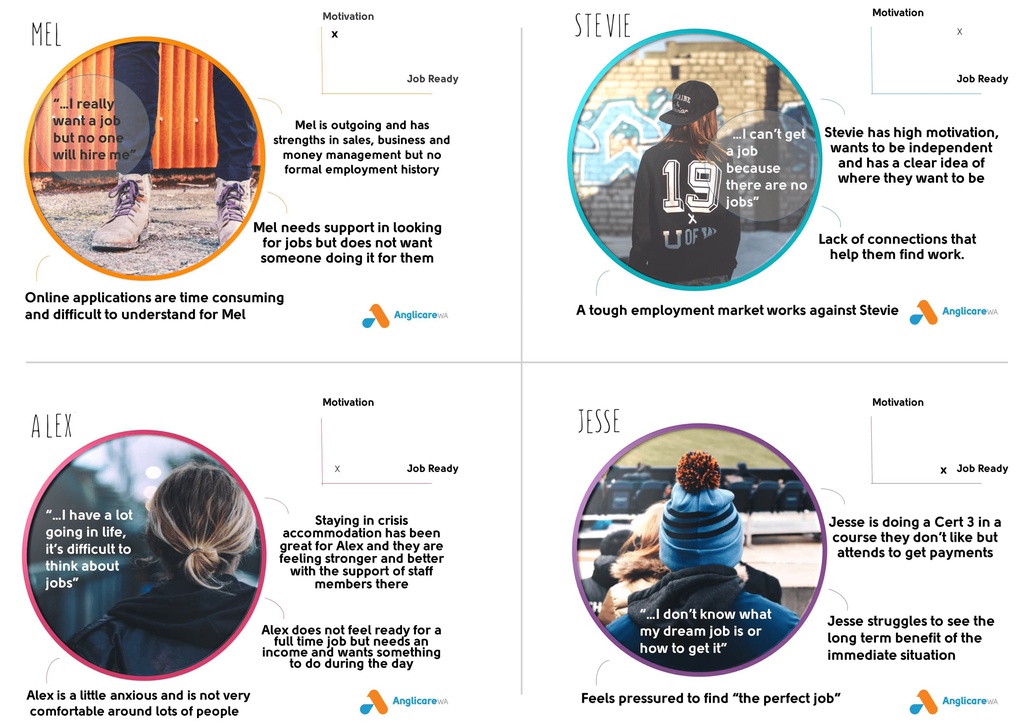Ideation and How Might We’s go hand in hand. How Might We’s help us identify opportunities for design, and ideation turns these opportunities into practical ideas.
Brainstorming is the most conventional method of coming up with these ideas. Ideas are generally not culled at this stage, and this is where the “yes, and” (indicating no idea is wrong or too far-fetched) mentality is employed.
Here are some examples of D4IF’s ideas that we may possibly select to prototype. We hope these give you good insights into the nature and scale of ideas we are looking for.
Also, it’s getting into the business end of our HeroX challenge, so please get in touch with us if you have any queries!
The Entourage
Establishing a solid first step into employment is daunting. Why not have an amazing squad of people who are invested in your success in doing so?
The Entourage is a group of mentors who have experience and expertise that would help a homeless young person with making those first steps, strong first steps. These include useful connections and networks for suitable employment opportunities, skills in doing up a great resume and developing real-life interview skills, and someone who can help you with your style and how you present to potential employers. Maybe even a shoulder to lean on when things don’t go to plan, as they often do in the difficult world of job hunting.
Interactions and communication can occur via private Facebook groups, or physical catch ups.
Guerilla Jobs
There’s so much buzz around the gig economy right now, with some people deriving almost a full time wage just from what was previously seen as odd jobs. Some gig economy sectors are now incredibly saturated (landscaping, graphic design), whilst others have high start-up and ongoing costs to maintain (Uber driving).
Guerilla Jobs identifies untapped opportunities for job projects (corporations, local councils, you name it), and creates a steady supply of short term, flexible and low risk job opportunities for homeless young people. Going back to our Personas, Alex may experience long periods of high anxiety and fear of rejection. But one morning, he/she might wake up and feel capable to give something a try. It’s incredibly difficult to connect Alex to work at the snap of your fingers, but Guerilla Jobs aims to plug that gap. The job attendees receive on-the-job training, support, and importantly, mentoring.
Social CV
CVs are great, but they don’t capture all aspects of who you are as a person. What CVs capture (work experience, employment duration), are aspects that homeless young people often fair poorly in.
Organisations are moving away from skills-based hiring, to a more values-based approach. We have seen a strong pattern of loyalty, resiliency and empathy in the homeless young people we have worked with. And this is not just coming from us, but from the many individuals and services who work closely with these young people and would definitely vouch for them.
Why not create a style of CV that highlights such!




1_.jpg)







